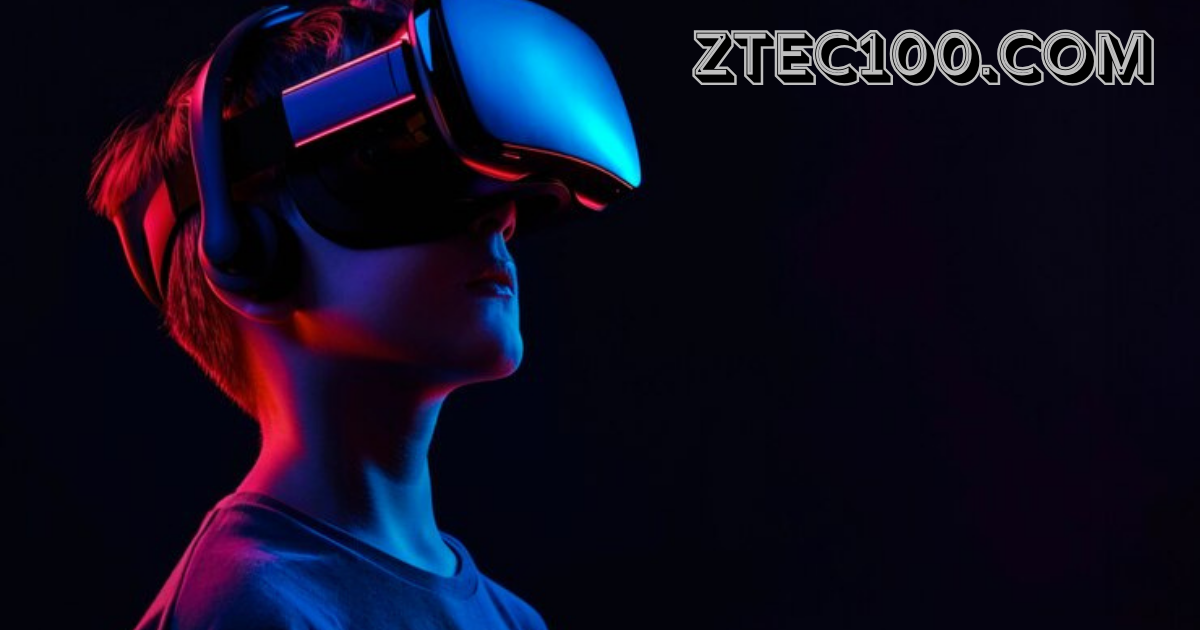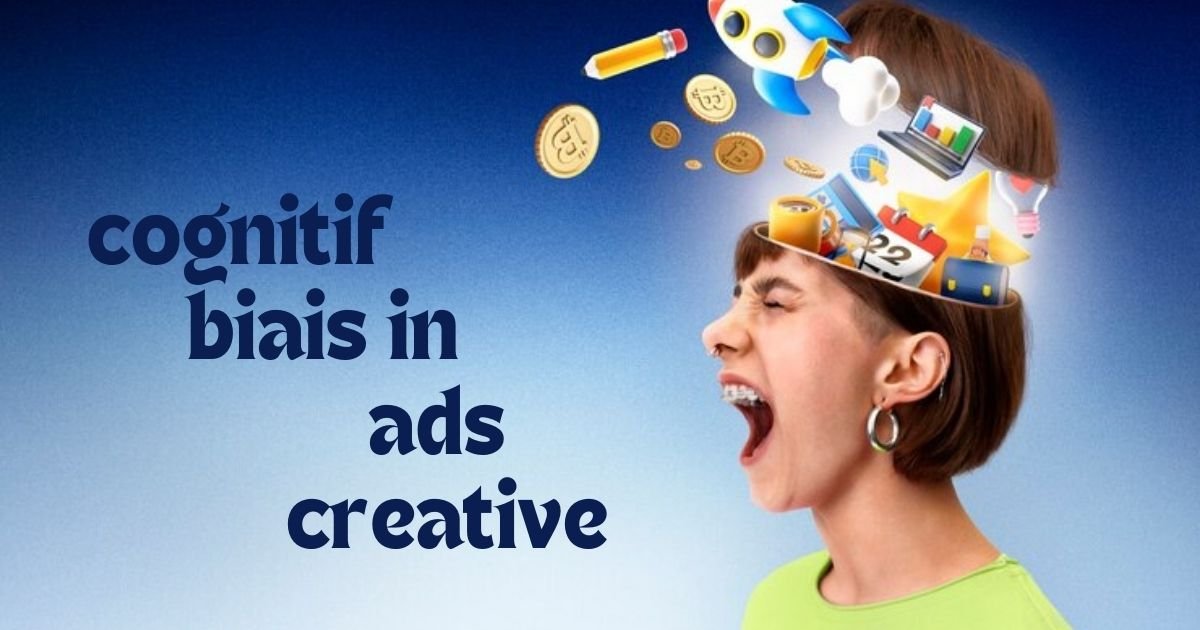What a ride it has been from 1954 to 2023! Think about it: in less than a century, the world has undergone changes that were once the stuff of science fiction. From technological leaps to cultural shifts, these years have reshaped how we live, work, and interact. So, buckle up as we dive into this whirlwind journey through time, exploring the pivotal moments and advancements that have defined our modern era.
Evolution of Technology
Technology has arguably seen the most dramatic transformation since 1954. The birth of modern computing laid the foundation for the digital age, revolutionizing every aspect of our lives.
The Birth of Modern Computing
Back in the ’50s, computers were colossal machines occupying entire rooms. Fast forward to today, and we have more computing power in our smartphones than the early NASA missions had. The development of the microprocessor in the 1970s was a game-changer, making computers more accessible and powerful.
Internet and Connectivity
Remember the days of dial-up internet? It feels like ancient history compared to our current era of high-speed connectivity. The internet has revolutionized communication, commerce, and entertainment, creating a global village where information is just a click away.
Mobile Technology and Smart Devices
From the first mobile phone call in 1973 to the smartphones of today, mobile technology has come a long way. We now have devices that can do everything from navigating us through traffic to monitoring our health, all while fitting snugly in our pockets.
The Rise of Artificial Intelligence
AI is no longer a concept confined to sci-fi movies. It’s here and it’s changing everything. From smart assistants like Siri and Alexa to complex algorithms that drive autonomous cars, AI’s impact is profound and far-reaching.
Changes in Music and Entertainment
Culture is the heartbeat of society, and over the past decades, it’s seen some vibrant changes, especially in music and entertainment.
From Vinyl to Streaming
Vinyl records were all the rage in the ’50s and ’60s, but today, we stream millions of songs from the cloud. Platforms like Spotify and Apple Music have made music more accessible than ever, changing how we discover and enjoy our favorite tunes.
Evolution of Television and Film
Television has evolved from black-and-white broadcasts to ultra-high-definition streaming services. Meanwhile, the film industry has embraced digital technology, CGI, and global distribution channels, bringing cinematic experiences to screens of all sizes.
Social Movements and Changes
Social movements have been the catalysts for profound societal changes. From civil rights to environmental activism, these movements have reshaped our world.
Civil Rights Movement
The fight for civil rights in the 1960s was a pivotal moment in history, leading to significant legal and social reforms. The legacy of leaders like Martin Luther King Jr. continues to inspire movements for equality and justice worldwide.
LGBTQ+ Rights and Acceptance
The LGBTQ+ community has made tremendous strides in gaining acceptance and rights. From the Stonewall riots in 1969 to the legalization of same-sex marriage in many parts of the world, the journey toward equality has been long and hard-fought.
Environmental Awareness and Activism
Environmental awareness has grown significantly, driven by movements like Earth Day and campaigns against climate change. The push for sustainability and conservation has led to meaningful changes in policies and individual behaviors.
Globalization and Trade
The global economy has seen unprecedented growth and integration since 1954, transforming trade and commerce.
Rise of Multinational Corporations
Companies like Apple, Google, and Amazon have become household names, driving economic growth and innovation. These multinational corporations have reshaped industries and influenced global markets.
Impact of Digital Economy
The digital economy, fueled by the internet and technology, has created new opportunities and challenges. E-commerce, digital marketing, and online services have transformed how businesses operate and compete.
Shifts in Employment and Work Culture
The nature of work has evolved dramatically, influenced by technological advancements and economic shifts.
Automation and Job Market Changes
Automation and AI have transformed industries, creating new job opportunities while making some traditional roles obsolete. The challenge has been adapting to these changes and ensuring a skilled workforce for the future.
Gig Economy and Freelancing
The gig economy has taken off, with platforms like Uber, Airbnb, and Fiverr providing flexible work opportunities. This shift has changed the traditional employment landscape, offering new ways to earn and work independently.
Major Political Events and Changes
The political landscape from 1954 to 2023 has been marked by significant events and shifts, shaping global governance and policies.
Cold War Era and Its End
The Cold War dominated much of the 20th century, influencing global politics and conflicts. Its end in the early ’90s brought significant geopolitical changes and the emergence of new power dynamics.
Rise of Global Governance
Institutions like the United Nations and the European Union have played crucial roles in promoting global cooperation and addressing transnational issues, from climate change to security.
Evolution of Democracy
Democracy has evolved, facing challenges and transformations in various parts of the world.
Political Polarization
Political polarization has increased in many countries, affecting governance and social cohesion. The rise of populist movements and divided electorates has highlighted the complexities of modern democracy.
Impact of Social Media on Politics
Social media has revolutionized political communication, enabling direct interaction between leaders and citizens. However, it has also contributed to the spread of misinformation and increased political polarization.
Advances in Medical Science
Medical science has made remarkable progress, improving health outcomes and extending life expectancy.
Vaccines and Disease Eradication
Vaccines have eradicated diseases like smallpox and controlled others like polio. Recent developments, such as COVID-19 vaccines, have demonstrated the critical role of vaccines in public health.
Genetic Research and Biotechnology
Genetic research and biotechnology have opened new frontiers in medicine, from personalized treatments to gene editing technologies like CRISPR.
Changes in Healthcare Systems
Healthcare systems have evolved, striving to provide better access and quality care.
Universal Healthcare Movements
Many countries have moved towards universal healthcare, aiming to provide comprehensive coverage for all citizens. This shift has improved health outcomes and reduced disparities.
Telemedicine and Digital Health
Telemedicine has surged, especially during the COVID-19 pandemic, making healthcare more accessible and convenient. Digital health technologies are also transforming patient care and health management.
Climate Change and Its Impacts
Climate change has become one of the most pressing global issues, affecting ecosystems, weather patterns, and human societies.
Global Warming and Weather Patterns
Rising temperatures and changing weather patterns have led to more frequent and severe natural disasters. Addressing climate change is crucial for the planet’s future.
Conservation Efforts and Sustainability
Efforts to conserve natural resources and promote sustainability have gained momentum. Initiatives like reforestation, wildlife protection, and sustainable agriculture are vital for environmental preservation.
Renewable Energy and Green Technology
The transition to renewable energy and green technology is essential for combating climate change and promoting sustainable development.
Solar and Wind Energy
Solar and wind energy have become more affordable and efficient, contributing significantly to the global energy mix. These renewable sources are critical for reducing carbon emissions.
Electric Vehicles and Green Transportation
Electric vehicles (EVs) are revolutionizing transportation, offering a cleaner alternative to traditional fossil fuel-powered cars. Advances in battery technology and infrastructure are accelerating the adoption of EVs.
Conclusion
From 1954 to 2023, the world has seen remarkable changes and advancements. Technological innovations, cultural shifts, economic transformations, political developments, healthcare improvements, and environmental awareness have all shaped the modern era. Reflecting on these changes helps us understand the progress we’ve made and the challenges we face as we move forward.
FAQs
What were the most significant technological advancements between 1954 and 2023?
The most significant advancements include the development of the microprocessor, the rise of the internet, mobile technology, and artificial intelligence.
How have social movements evolved from 1954 to 2023?
Social movements have progressed from civil rights and LGBTQ+ rights to environmental activism, each achieving significant milestones in legislation and societal acceptance.
What economic changes had the most impact on global trade?
The rise of multinational corporations and the digital economy have greatly impacted global trade, fostering greater interconnectedness and new business models.
How has the political landscape changed from the Cold War era to now?
The end of the Cold War, the rise of global governance institutions, and the impact of social media on politics have significantly transformed the political landscape.
What are the major healthcare advancements achieved during this period?
Major advancements include the development of vaccines, genetic research, the move towards universal healthcare, and the rise of telemedicine and digital health technologies.











